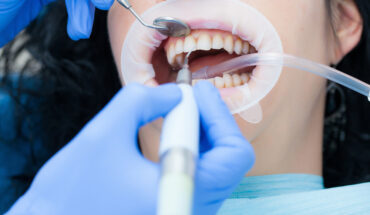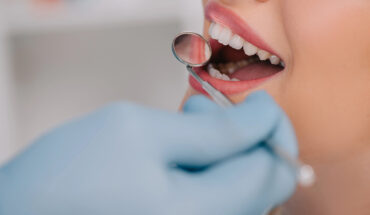The year 2020 has gone to the record as a tough year for almost all countries worldwide. After we first heard of it in Wuhan, China, no one would have thought that the virus will soon bring the world to its knees. It affected our daily lives from our business, social life, education, to mention but a few. Unfortunately, it never spared our health facilities, making it hard to access other health services, including dentistry.
However, despite all the challenges, we are gradually getting back on track. Promising COVID-19 vaccines have been discovered. And according to a recent report, the dentist will be among the first group to get vaccinated. This is great news for patients who are looking for a prominent Sydney dentist amidst the global pandemic. Therefore, you’ll have your family’s dental health needs covered.
What’s the effect of COVID-19 on Businesses?
To the business persons, there is light at the end of the channel. Most businesses are bouncing back from the virus. The fact that businesses have been closed down for the longest time has been a big blow to the global economy. However, many businesses have recovered from COVID-19 in Australia and other parts of the globe.
Some negative Coronavirus effects include financial struggles, loss of jobs, not forgetting the loss of loved ones to the virus. So, most businesses are bankrupt, but most of them have braved COVID-19 challenges. They’ve now reopened their doors. Below is a list of businesses that have reopened, especially in Australia;
- Hotels and recreational facilities
- Banks
- Public transport
- Dental health clinics
How COVID-19 has Affected Clinics
Despite the importance of a strong health system, especially during this pandemic, it’s unfortunate that most clinics have been closed down or those that are in operation lack the necessary equipment. That said, let’s focus on how the virus has affected our clinics;
In the past few months, the COVID-19 pandemic has greatly disrupted prevention and treatment services for NCDs (non-communicable diseases). According to a survey released by the World Health Organization, less developed countries have been affected the most.
This was expected since people with underlying NCDs are more prone to COVID-19 infection, and their recovery isn’t guaranteed. Therefore, most people who require treatment for other illnesses such as diabetes, cardiovascular, and cancer, among others, have been neglected. Nevertheless, the world has been looking for innovative methods of ensuring that NCDs services are offered amidst the pandemic.
Shortage of health sector staff
In most countries worldwide, most health experts offering NCDs services were forced to direct their attention to COVID-19 patients. This decision was arrived at following the increasing number of Coronavirus patients. The pandemic also led to the rescheduling of public screening programs for cervical and breast cancer. The World Health Organization has urged countries to reduce non-urgent health care services to join the effort in combating the spread of Coronavirus.
Aside from NCDs specialized being assigned COVID-19 related tasks, other reasons for reducing NCDs services in most countries was lack of public transport following the widespread lockdown. Other reasons include medicine shortage, diagnostics, plus technologies.
Finally, following the discovery of promising Coronavirus vaccine, NCDs services are expected to resume in most parts of the world. In the meantime, alternative strategies for administering health care have been implemented.




